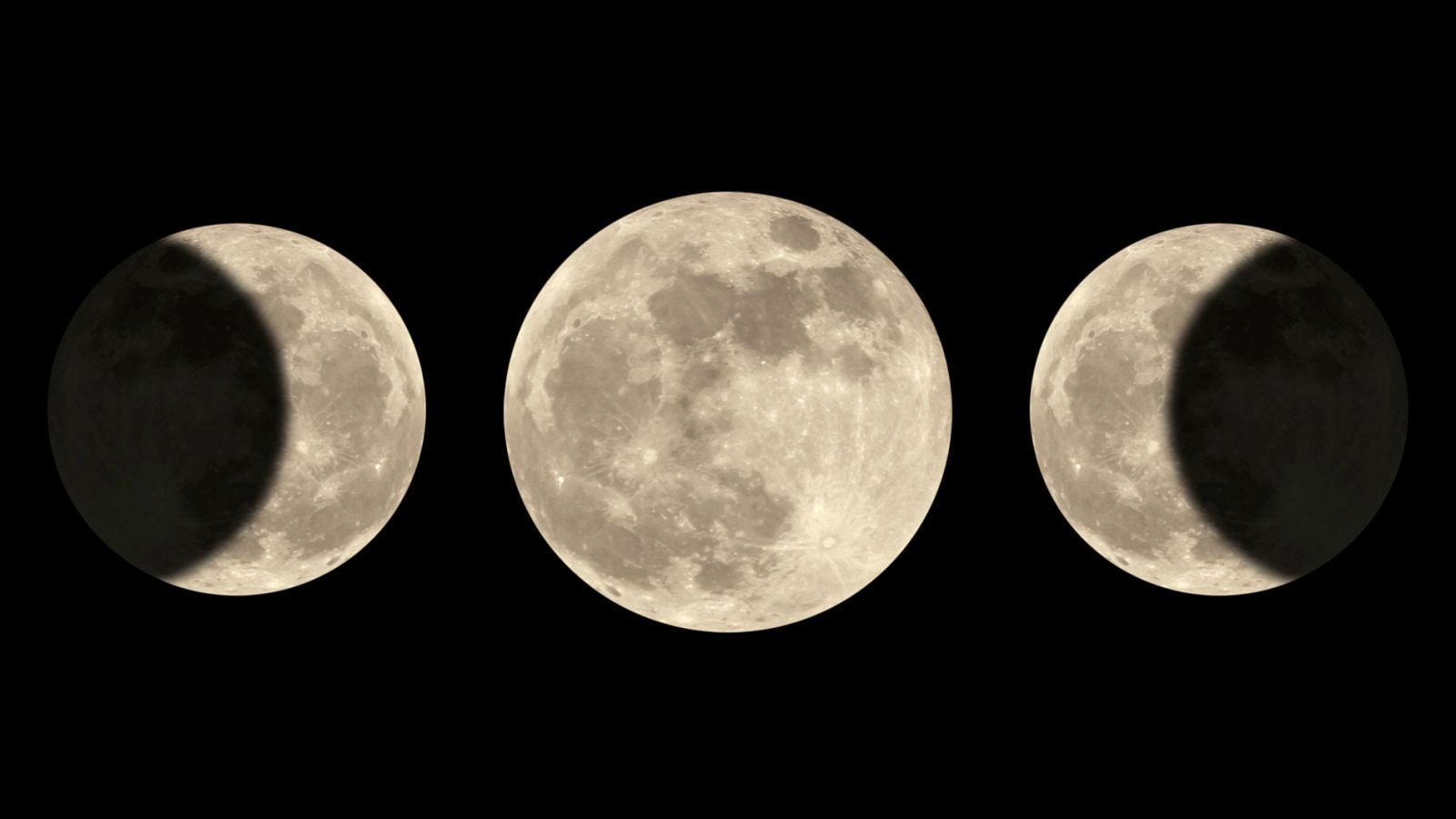It Is Recommended for Every Muslim to Fast the Day of Āshūrā out of Gratitude to Allāh
Imām ʿAbd al-ʿAzīz ibn Bāz


Shaykh Ibn Bāz (رحمه الله) was asked:1 “What is the ruling on fasting the day of Āshūrā? And is it better to fast the day before or after it? Or should we fast all of them [i.e. the day of Āshūrā and the day before and after it]? Or should we fast the day of Āshūrā alone? We hope for some clarification on that, and may Allāh reward you with goodness.”
The Shaykh (رحمه الله) responded with the following:
Fasting the day of Āshūrā is sunnah because of what has been confirmed in numerous authentic Aḥadīth from Allāh’s Messenger (ﷺ) supporting that.
It was a day the Jews used to fast because Allāh saved Mūsá and his people, and He destroyed Fir‘aun and his people.
So our Prophet, Muḥammad (ﷺ), fasted it as a form of gratitude to Allāh, and he commanded [others] to fast it.
It is [also] legislated for us to fast a day before or after it, [but] fasting the ninth [i.e. the day before] and the tenth is better. However, [whoever] fasts the tenth and the eleventh [i.e. the day after], then this will suffice in contradicting the Jews.
Whoever fasts all of them [i.e. both the day before and after Āshūrā], along with the tenth [i.e. the day of Āshūrā], then there is no problem with that because of what has come in some narrations, “Fast a day before it and a day after it.” As for fasting that day [i.e. the day of ‘Āshūrā’] alone, then it is disliked.2
- Source: Majmūʿ Fatāwá Shaykh Ibn Bāz, vol. 15, pg. 403.
- When we were commanded to differ from the People of the Book, fasting the day of Āshūrā alone was disliked for the Jews would single it out with fasting. Hence, in an attempt to differ from them, the Prophet (ﷺ) directed us to fast the ninth of Muḥrram, the day before Āshūrā. He (ﷺ) said: “If I remain alive till the next year, I shall surely fast the ninth.” Reported by Muslim.
Ibn ʿAbbās (رضي الله عنهما) explained this when he said: “Fast the ninth and the tenth and oppose the Jews.” Reported by al-Bayhaqī in his sunnan and Shaykh al-Albānī authenticated it in his book, Jilbāb al-Mar’ah al-Muslimah, Pg. 177.
Translated by: Abū Wāʾil Musa Shaleem
Most Popular: Last 30 Days















